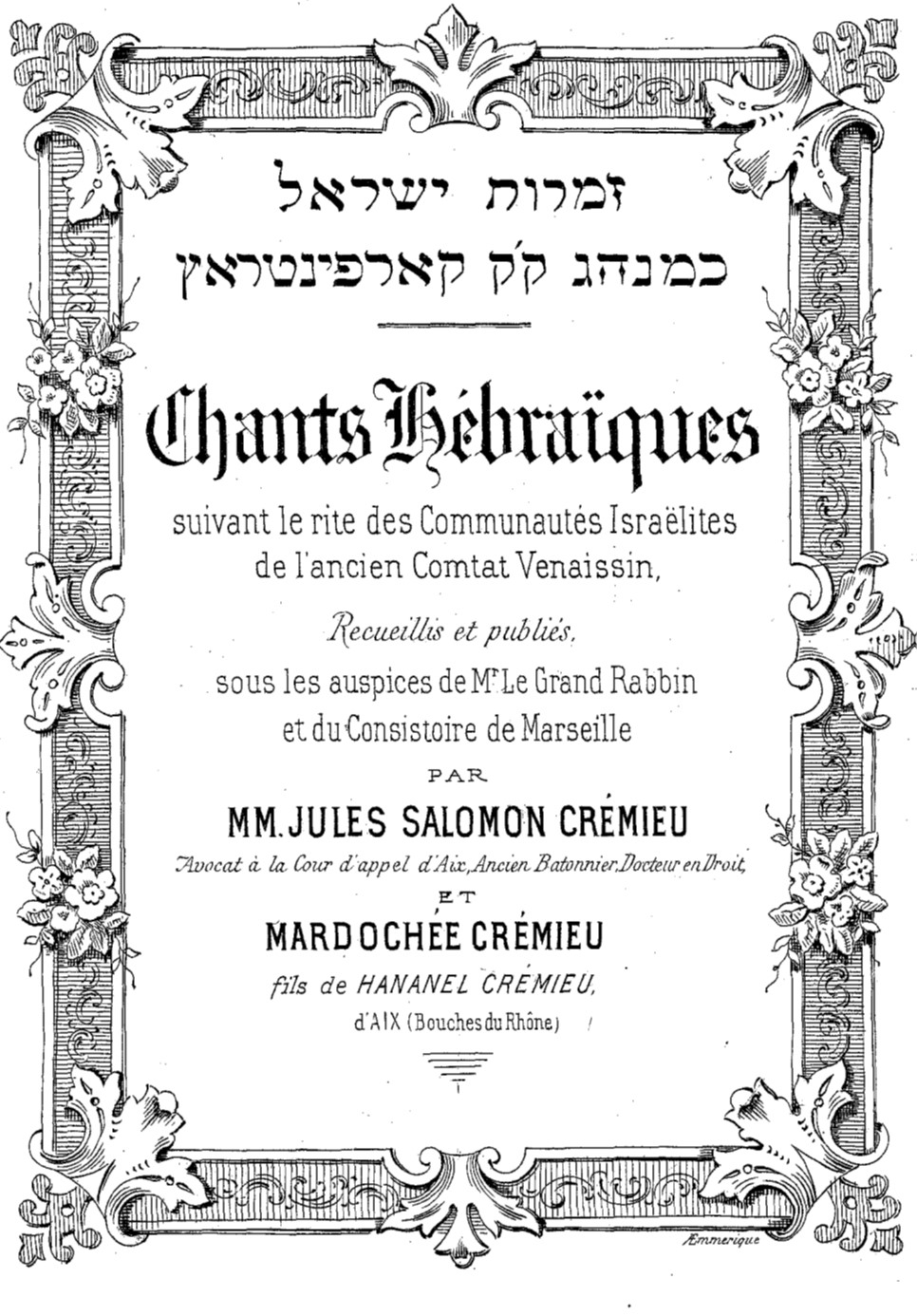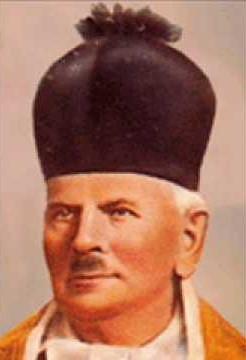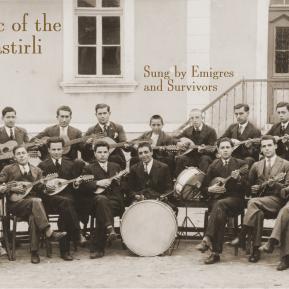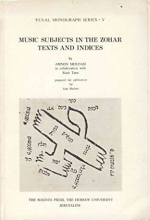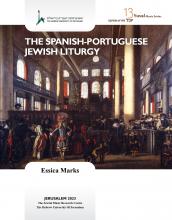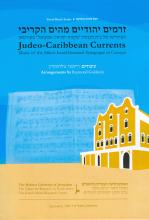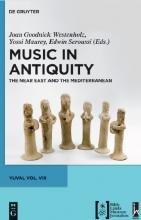Biographies
concepts
Jewish Professional Musicians in Iraq and Israel, Revisited
In 1979 Esther Warkov, a young American PhD student in ethnomusicology, came to Israel to study the music of first-generation Je…
Kabalos-Shabos (LKT)
This entry is part of the Lexicon of Klezmer Terminology (LKT). The LKT compiles a wide array of source materials that shed l…
Hopkele (LKT)
This entry is part of the Lexicon of Klezmer Terminology (LKT). The LKT compiles a wide array of source materials that shed l…
Gezungnungs-marsh (LKT)
This entry is part of the Lexicon of Klezmer Terminology (LKT). The LKT compiles a wide array of source materials that shed l…
Rikud (LKT)
This entry is part of the Lexicon of Klezmer Terminology (LKT). The LKT compiles a wide array of source materials that shed l…
Redele (LKT)
This entry is part of the Lexicon of Klezmer Terminology (LKT). The LKT compiles a wide array of source materials that shed l…
Publications




